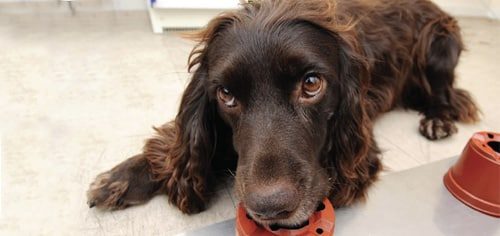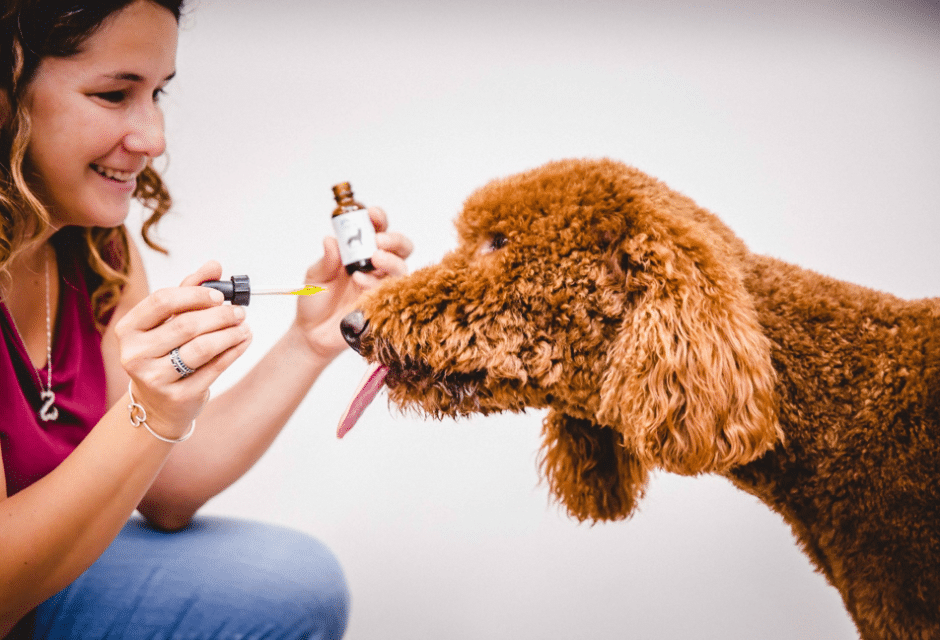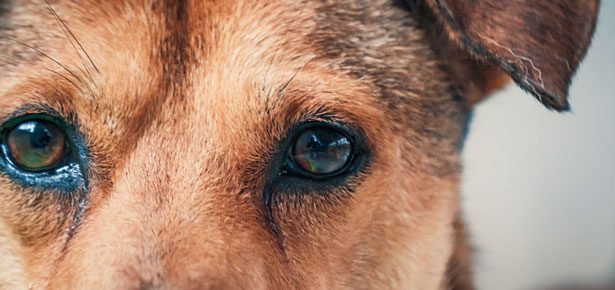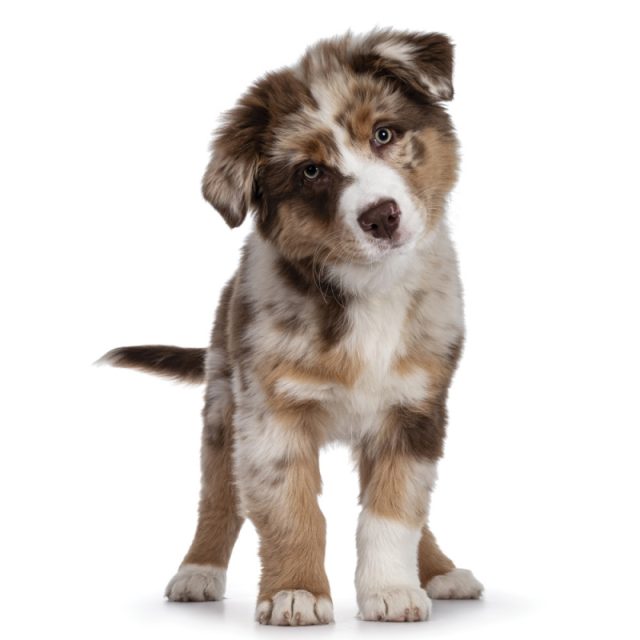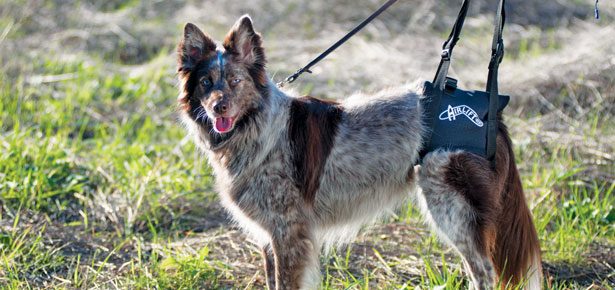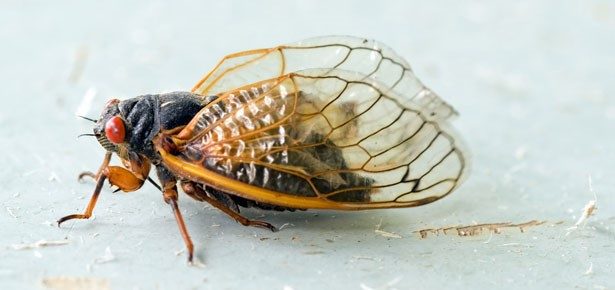
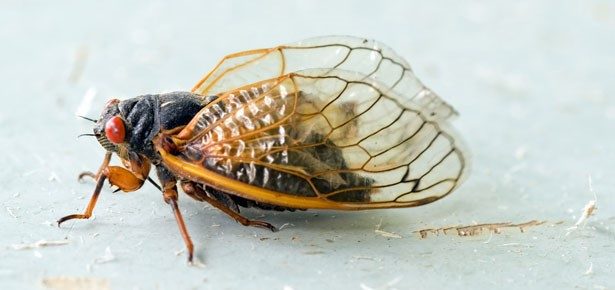
The Cicadas Are Coming!
What to Know About Brood X and Dog Safety?
By: David Wohlstadter, DVM, CCRT, Senior Clinician at BluePearl Specialty and Emergency Pet Hospital in New York
Last Updated:
A swarm of cicadas are currently emerging from a 17-year subterranean sleep across parts of the eastern United States – a group known as Brood X. While this brood is not the largest in terms of population (trillions), it is one of the largest when it comes to the amount of ground these periodical cicadas cover (15 states and Washington, D.C.).
With their inescapable presence, many of us may wonder if these winged insects pose any dangers to our pets. To put pet owners at ease, BluePearl Specialty and Emergency Pet Hospital, which has more than 100 practices nationwide, offered answers to some of the most pressing questions about pet safety and Brood X.
Are cicadas dangerous for dogs to ingest?
Cicadas themselves are not dangerous for dogs or cats to eat. The problem with animals eating cicadas is related to the volume consumed. Dogs can binge on many things (think about a bag of dog food or bird seed left unsupervised). Binging large volumes of cicadas can cause food bloat and may require medical care. While cicadas are not poisonous, and they do not sting, they can have pesticide on them which may be toxic depending on the amount consumed.
Can an animal have a bad reaction to eating a cicada?
Allergic reactions to eating cicadas are possible but would be rare. Because cicadas are biologically similar to crustaceans like shrimp, people and pets with shellfish allergies can have allergic reactions to them. If your pet has a known allergy to shellfish, it is best to keep them indoors or closely supervise them while outdoors during the emergence of Brood X.
How many cicadas is too many cicadas?
This would depend on the size of the pet. A few cicadas may be safe, depending on the size of the pet, but it is best to train your pet not to eat them to avoid overindulgence. Cicadas can also be a choke hazard for your pet, especially if they do not chew them.
Should pets be supervised outdoors?
See how your pet interacts with cicadas. If they will not stop eating them, then on-going supervision or leashing outdoors away from shrubs, trees, and fences through the duration of the emergence is recommended.
Join the newsletter and never miss out on dog content again!
"*" indicates required fields
By clicking the arrow, you agree to our web Terms of Use and Privacy & Cookie Policy. Easy unsubscribe links are provided in every email.

